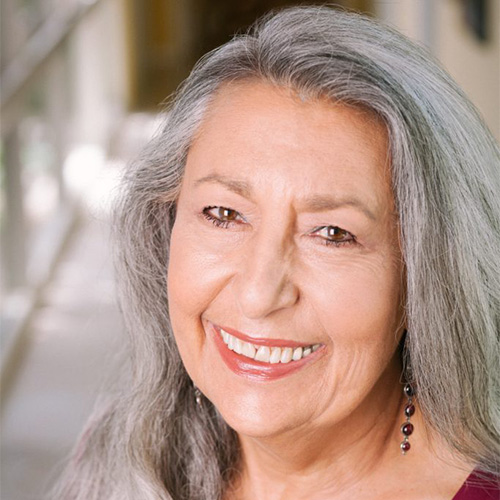
DEAR ASK A THERAPIST: I’m considering using a known sperm donor to become a single mother by choice (SMBC). The prospective donor is a college friend of mine. We live in different states and have not seen each other in several years. We have no mutual friends, different career paths, and neither of us attend alumni events, so it’s highly unlikely our paths will cross.
What impact do you think it would have on the child if the child is told, starting from age two, that they are donor conceived, but not provide the donor’s name and contact information until the child is age 16? Prior to that, the child would have access to general health and medical information about the donor, similar to what is provided from sperm banks. – INTENDED PARENT
DEAR INTENDED PARENT:
There are many advantages to becoming a parent with someone you know, even if that someone is not going to be an active parent. You must be selecting your college friend to help you become a mom for many reasons. Perhaps he has many qualities you hope will be passed on to your child. You may also recognize the benefits of being able to provide updated medical history to your child’s medical providers. And, finally, you may be choosing a known donor because you are aware that many donor conceived individuals have a need or desire to know to whom they are genetically related.
It is a natural and normal need to know one’s genetic background and to know the people to whom we are genetically related, so we usually counsel anyone becoming a parent through donor conception to expect their child to have that natural curiosity about their genetic parent/your sperm donor.
It is also human nature that, if someone is told they can’t have something, they will usually be hellbent to have it. This is the “forbidden fruit” idea. If you put a cookie jar on the highest shelf of the cabinet in the kitchen, your child will likely find ingenious ways to climb a chair, a stool, the counter top, and anything else to finally get the cookie jar. But if you put the cookies within reach, the cookies are no longer forbidden and a few cookies here or there will satisfy them.
Intentionally withholding information about such a significant piece of who your child is can create barriers to your relationship and disrupt trust building.
Telling your child that they can’t know who their genetic parent is until they are 16 years old is likely going to be very difficult for you and your child. You might want to ask yourself why you would withhold that information. If it has something to do with concerns about the donor, he may not be the best choice. Even if the donor doesn’t want to be actively involved in your lives, your child may have a need and desire to know who he is, who his family is, see photos, or maybe speak to him on the phone. Donor conceived people have varying degrees of curiosity and desire, but at a minimum, intentionally withholding information about such a significant piece of who your child is can create barriers to your relationship and disrupt trust building.
Additionally, we always recommend that you start your family-building story when you are pregnant so you can get comfortable with the language and the story of how you became a parent. Starting at age two will be harder for you and give you less time to practice before your child is verbal and asking questions. Luckily, there are many books available and many wonderful resources to help tell your child that story.
Before deciding on a known donor or a cryobank donor, we recommend you schedule a few educational consultations with a mental health professional who can guide you to best practices and help you think through these crucial decisions that will impact the life you hope to bring into the world. Good luck!

Carole LieberWilkins, MFT, is a licensed marriage and family therapist (CA, NV, ID) in private practice. Her work has always focused on helping people build healthy families. She is a passionate educator, helping intended and recipient parents understand the unique aspects of creating a family with the help of other genetic providers (donors) and helping them to understand how to address the needs of their future children or the children they are already parenting. Carole also works with prospective donors and late-discovery donor conceived people. She is proud to work with USDCC, Donor Conceived Community, and ASRM’s Mental Health Professional Group.
Do you have a question for Ask A Therapist? Anonymously submit your question here. Questions may be edited for length and clarity prior to publication.
Top Image by Lukas Blazek via Unsplash
